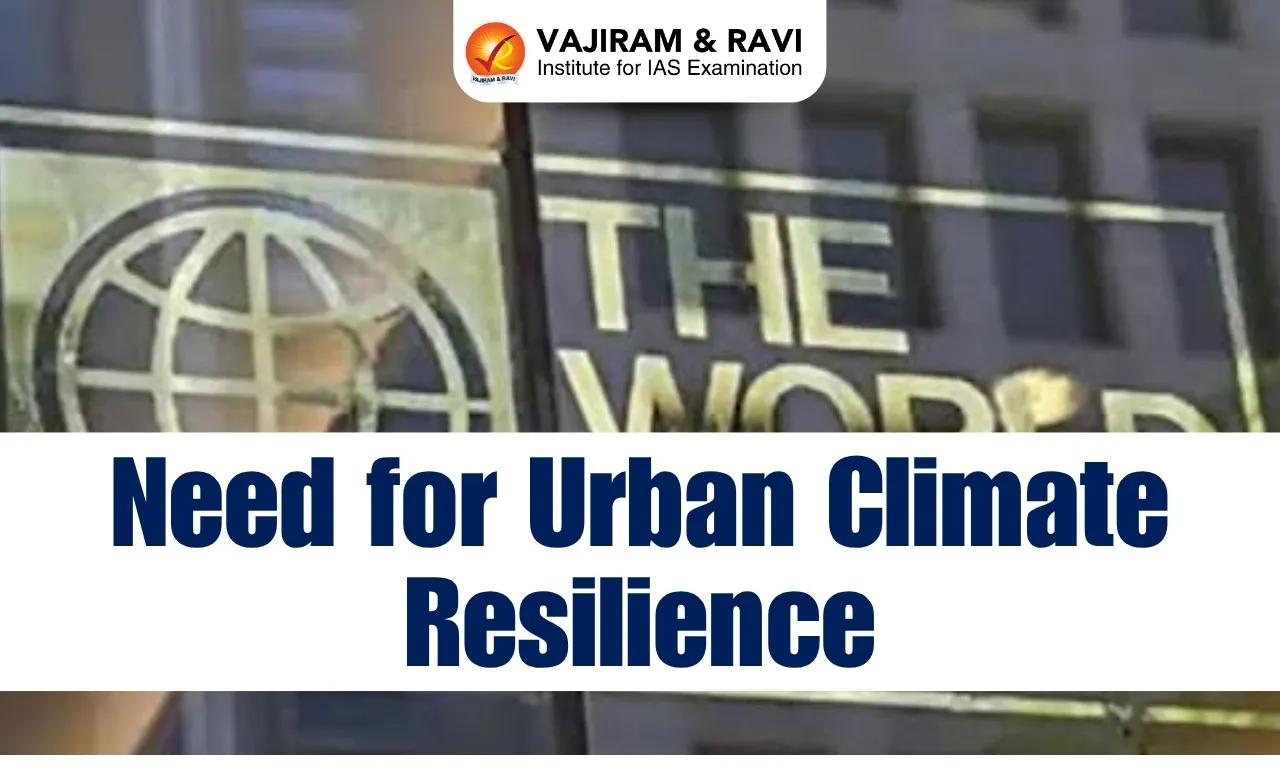What’s in today’s article?
- Why in news?
- What is Malaria?
- Malaria in India
- News Summary: WHO recommends Oxford-Serum Institute malaria vaccine for global rollout
Why in news?
- The R21/Matrix-M malaria vaccine developed by the University of Oxford and the Serum Institute of India has been recommended for use by the WHO.
- The vaccine leverages Novavax’s adjuvant technology and has met the required safety, quality and effectiveness standards.
- Adjuvants are substances that enhance the immune system’s response to a vaccine. They are commonly used to improve the effectiveness of a vaccine.
Malaria
- About
- Malaria is an acute febrile illness caused by Plasmodium parasites, which are spread to people through the bites of infected female Anopheles mosquitoes.
- It is a life-threatening disease primarily found in tropical countries.
- It is preventable and curable.
- Transmission of Malaria
- Malaria is not contagious and cannot spread from one person to another; the disease is transmitted through the bites of female Anopheles mosquitoes.
- Five species of parasites can cause malaria in humans and 2 of these species – Plasmodium falciparum and Plasmodium vivax – pose the greatest threat.
- Symptoms
- The first symptoms of malaria usually begin within 10–15 days after the bite from an infected mosquito.
- Fever, headache and chills are typically experienced, though these symptoms may be mild and difficult to recognize as malaria.
- In malaria endemic areas, people who have developed partial immunity may become infected but experience no symptoms.
- Prevention
- Vector control interventions
- Vector control is the main approach to prevent malaria and reduce transmission.
- Two forms of vector control are effective for people living in malaria-endemic countries:
- insecticide-treated nets, and
- indoor residual spraying, which is the application of an insecticide to surfaces where mosquitoes tend to rest.
- Chemopreventive therapies and chemoprophylaxis
- Although designed to treat patients already infected with malaria, some antimalarial medicines can also be used to prevent the disease.
- Vector control interventions
Malaria in India
- Prevalence
- Malaria remains one of the major public health problems in India.
- The country carries 1.7% of the global malaria case burden, 1.2% of global malaria deaths.
- Of importance is that India carries 47% of the global Plasmodium vivax malaria burden, making the country strategically important for global malaria elimination, particularly in the South-East Asian region.
- Malaria has been made notifiable in 31 states/UTs.
- States of Odisha, Chhattisgarh, Jharkhand, Meghalaya and Madhya Pradesh disproportionately accounted for nearly 45.47 percent of malaria cases.
- Steps taken
- Ministry of Health and Family Welfare launched National Framework for Malaria Elimination (NFME) in 2016;
- National Strategic Plan (NSP) for Malaria Elimination (2016-2030) was launched by the Health Ministry.
- It has a vision of a malaria-free country by 2027 and elimination by 2030.
News Summary: WHO recommends Oxford-Serum Institute malaria vaccine for global rollout
- The malaria vaccine developed by the University of Oxford and the Serum Institute of India has now been recommended for use by the WHO.
- Hundreds of millions of doses of this vaccine, R21/Matrix-M, are to be supplied to countries that are suffering a significant malaria burden.
- The Serum Institute of India has already established a production capacity for 100 million doses per annum, which will be doubled over the next two years.
- This scale of production is critical because vaccinating those at high risk of malaria will be important in stemming the spread of disease, as well as protecting the vaccinated.
Q1) What is chemoprophylaxis?
Chemoprevention or chemoprophylaxis refers to the administration of a medication for the purpose of preventing disease or infection.
Q2) What is Serum Institute of India?
Serum Institute of India Pvt. Ltd. is now the world’s largest vaccine manufacturer by number of doses produced and sold globally (more than 1.5 billion doses) which includes Polio vaccine, Diphtheria, Tetanus, Pertussis, Hib, BCG, r-Hepatitis B, Measles, Mumps, Rubella as well as Pneumococcal and Covid-19 vaccines.
Source: Oxford-Serum institute malaria vaccine recommended for use by WHO | PIB | Vikaspedia | Business Standard
Last updated on July, 2025
→ UPSC Notification 2025 was released on 22nd January 2025.
→ UPSC Prelims Result 2025 is out now for the CSE held on 25 May 2025.
→ UPSC Prelims Question Paper 2025 and Unofficial Prelims Answer Key 2025 are available now.
→ UPSC Calendar 2026 is released on 15th May, 2025.
→ The UPSC Vacancy 2025 were released 1129, out of which 979 were for UPSC CSE and remaining 150 are for UPSC IFoS.
→ UPSC Mains 2025 will be conducted on 22nd August 2025.
→ UPSC Prelims 2026 will be conducted on 24th May, 2026 & UPSC Mains 2026 will be conducted on 21st August 2026.
→ The UPSC Selection Process is of 3 stages-Prelims, Mains and Interview.
→ UPSC Result 2024 is released with latest UPSC Marksheet 2024. Check Now!
→ UPSC Toppers List 2024 is released now. Shakti Dubey is UPSC AIR 1 2024 Topper.
→ Also check Best IAS Coaching in Delhi














